Looking back
The impact of the European Ombudsman in 2020

OUR WORK AT A GLANCE
The core work of the European Ombudsman is to help people, businesses and organisations that face problems with the EU’s administration by dealing with the complaints they submit.
The Ombudsman opens inquiries into complaints that are within her mandate and admissible, meaning that they concern maladministration and the complainant has already tried to resolve the matter with the institution concerned.

365
Number of inquiries opened

2 107
Number of complaints registered


While the Ombudsman is not always in a position to inquire into all complaints received, the Office nonetheless tries to help all those who seek assistance, for example by providing advice on other possibilities for redress.
16 892
Advice given through the interactive guide on the Ombudsman's website
20 302
People helped
1 262
Requests for information replied to by the Ombudsman's Office
2 148
New complaints handled
While the Ombudsman is not always in a position to inquire into all complaints received, the Office nonetheless tries to help all those who seek assistance, for example by providing advice on other possibilities for redress.
2020 was a stark reminder of the importance of public administrations in whose competence and accountability we can trust.
It is precisely in challenging times that the highest standards of good administration are required to reassure and to comfort the public that the measures taken are the correct ones and will be properly implemented."
Emily O'Reilly
"
Some key themes of the Ombudsman’s inquiries
COVID-19 related inquiries and initiatives
In response to the unprecedented situation created by COVID-19, many of the EU institutions, agencies and bodies adopted targeted measures. These ranged from coordinating the public health response in the EU and approving dedicated medicines to economic measures to address the social and economic impact of the crisis. Many also adapted their working processes.
In April 2020, the Ombudsman:
Began examining the work of the EU administration in the context of the COVID-19 crisis, reminding the European Commission and Council that their obligations concerning transparency were just as important during a crisis.
In July 2020, the Ombudsman:
Opened an own-initiative inquiry into the role of the European Centre for Disease Control (ECDC) in gathering and communicating information in the context of the COVID-19 pandemic.
Opened an own-initiative inquiry into the extraordinary decision-making procedures put in place by the Council of the EU in the context of the COVID-19 crisis.
Launched three other initiatives concerning the European Medicines Agency (EMA) and COVID-19 related medicines, the European Commission and the transparency of procurement procedures related to COVID-19, and the European Investment Bank (EIB) and the transparency of funds related to the crisis.
Ethical issues
The EU administration has many rules in place to prevent conflicts of interest or other ethical breaches. The Ombudsman’s role is to make sure these rules are implemented, as well as to help institutions avoid any perception that ethical breaches could occur.
The Ombudsman opened an inquiry into the Commission’s decision to award BlackRock Investment Management a contract to carry out a study on integrating environmental, social and governance (ESG) objectives into EU banking rules. The Ombudsman's inquiry assessed how the Commission evaluated the company’s offer in the context of the call for tenders for carrying out the study.
The Ombudsman found that the company’s bid gave rise to concerns, not least because of its low price. As the world’s largest asset manager, it could be perceived to be part of a strategy to gain insights into, and influence over, the regulation of the financial sector. As such, the Ombudsman found that the Commission should have done more to verify that the company was not subject to a conflict of interest.
She suggested that the Commission update its guidelines for public procurement procedures for policy-related service contracts, giving clarity to staff as to when to exclude bidders due to conflicts of interest that may negatively affect the contract. She also suggested that the applicable rules should be updated to address such situations, and will bring this to the attention of the EU legislators.
REVOLVING DOORS
Revolving doors – where staff members of the EU institutions take positions in the private sector or vice-versa – is an area of particular focus for the Ombudsman. Revolving door moves can be damaging for the institutions themselves and damaging to the public’s perception of the EU.
In January, the Ombudsman opened an inquiry into the decision by the European Banking Authority (EBA) to allow its then executive director to take up a position as CEO of the Association for Financial Markets in Europe (AFME), an association representing banks and other financial institutions.
The Ombudsman found that the EBA should have forbidden the job move, and that the measures it put in place to prevent conflicts of interest are not sufficient to address the risks involved. The Ombudsman recommended that the EBA should, in future: forbid senior staff members from taking up certain positions after their term of office, with clear criteria; and put in place procedures so that, once it is known that a staff member is moving to another job, their access to confidential information is immediately withdrawn.
The EBA agreed to implement the Ombudsman’s recommendations.
Lobbying transparency
While it is a normal for interest groups seek to exert influence over the EU’s democratic decision-making process, it is essential that this takes place according to the highest transparency standards, to mitigate concerns about potential conflicts of interest. Lobbying transparency and how interest groups engage with the EU institutions are recurring themes of Ombudsman inquiries.
The Ombudsman’s inquiry into corporate sponsorship of the Presidency of the Council of the EU came to a successful close in June 2020, after the Council agreed to consider drawing up guidance for Member States. The complainant, an NGO, had turned to the Ombudsman raising concerns about the sponsorship of the Romanian EU Presidency (in the first half of 2019) by a major soft drinks company.
The Ombudsman considered that, as the Presidency is part of the Council, its activities are likely to be perceived by the wider European public as being linked to the Council and the EU as a whole. The Ombudsman therefore found that the use of sponsorship by the Presidency entails reputational risks, which the Council should address. In addition to the Council’s positive response, a number of Member States indicated that they would no longer accept sponsorship in the context of their presidencies.
Fundamental rights
The Ombudsman regularly receives complaints from individuals who believe their fundamental rights have been breached. She can also look into more systemic fundamental rights issues related to the work of EU institutions or agencies.
In November 2020, the Ombudsman opened an inquiry into how the European Border and Coast Guard Agency (Frontex) deals with alleged breaches of fundamental rights. The aim of the inquiry is to assess the effectiveness and transparency of Frontex’s complaints mechanism for those who feel their rights have been violated in to context of Frontex border operations (including those that have been returned to non-EU countries), as well as the role and independence of Frontex’s ‘Fundamental Rights Officer’.
SPOTLIGHT ON
transparency in environmental
decision making
In 2020, EU decision making related to the environment and sustainability issues was a theme raised in various Ombudsman inquiries.
A group of NGOs turned to the Ombudsman after the Commission failed to finalise an updated Sustainability Impact Assessment (SIA) before the conclusion of the EU-Mercosur trade agreement in June 2019. The complainants argued that, by not taking this step, the Commission disregarded its own guidelines on SIAs and breached the EU Treaties, which contain sustainability goals for all EU trade. The Ombudsman put a series of questions to the Commission, including on how it intends to use the final report and whether the standard procedure for SIAs was followed. The inquiry continued into 2021.
The Ombudsman also looked into how the Commission ensures that the sustainability of gas projects is assessed before their inclusion on the EU’s list of ‘Projects of Common Interest’ (PCIs) – cross-border energy infrastructure projects meant to help achieve EU energy and climate policy objectives. The Commission acknowledged that the sustainability assessment of candidate gas projects had been suboptimal, and said it would be proposing to update this in 2021. While the Ombudsman regretted that gas projects were included on previous PCI lists without having their sustainability properly assessed, she welcomed the Commission’s pledge to ensure that this update is in place before the decision is taken on the next PCI list.
In November, the Ombudsman closed an inquiry concerning how the Commission approves ‘active substances’ used in pesticides. In particular, the Ombudsman looked into the Commission´s practice of approving substances for which the European Food Safety Authority (EFSA) said that it had identified critical areas of concern or that it identified no safe use. The Ombudsman closed the inquiry with three suggestions to the Commission: that it approve substances based only on uses that have been confirmed to be safe by EFSA; that the approval process is fully transparent; and that its use of the 'confirmatory data procedure' is further restricted.

Working together with national and regional ombudsmen
The implications of the pandemic naturally also affected work of the members of the European Network of Ombudsmen (ENO), which consists of almost 100 offices in 36 European countries. European Ombudsman Emily O’Reilly was in direct contact with ENO members from an early stage in the crisis, with a view to ascertaining how the network could best serve its members. Building on this, the European Ombudsman organised and hosted a webinar on 12 May 2020 on the implications of COVID-19, with 33 member organisations participating.
The normal focal point of the ENO, the annual conference, also took place in digital format on 26 October the same day as Ombudsman’s 25th anniversary conference, with 106 participants joining from across Europe. The conference discussed future cooperation over the coming term and possible topics and modalities for future parallel inquiries.
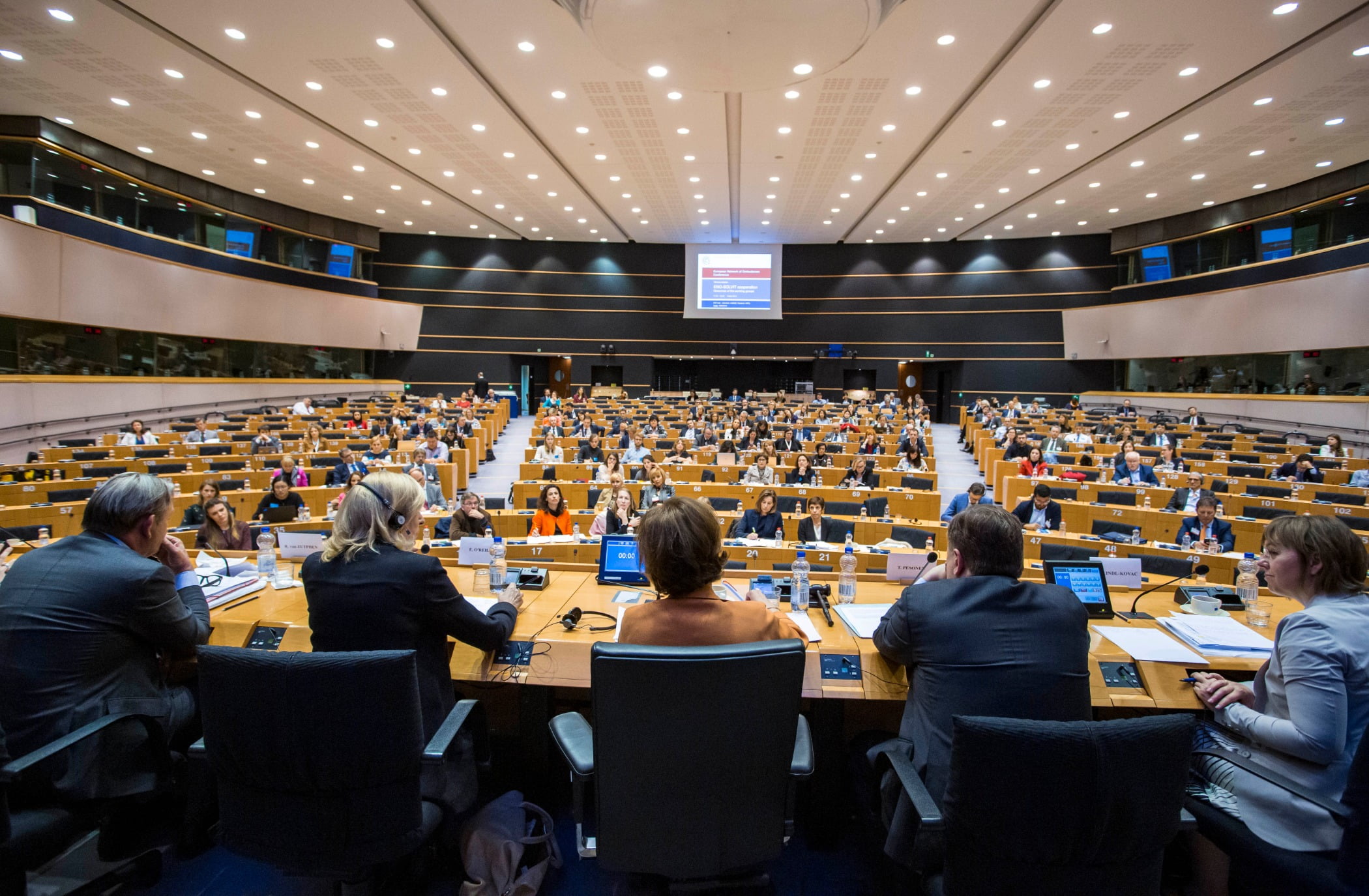
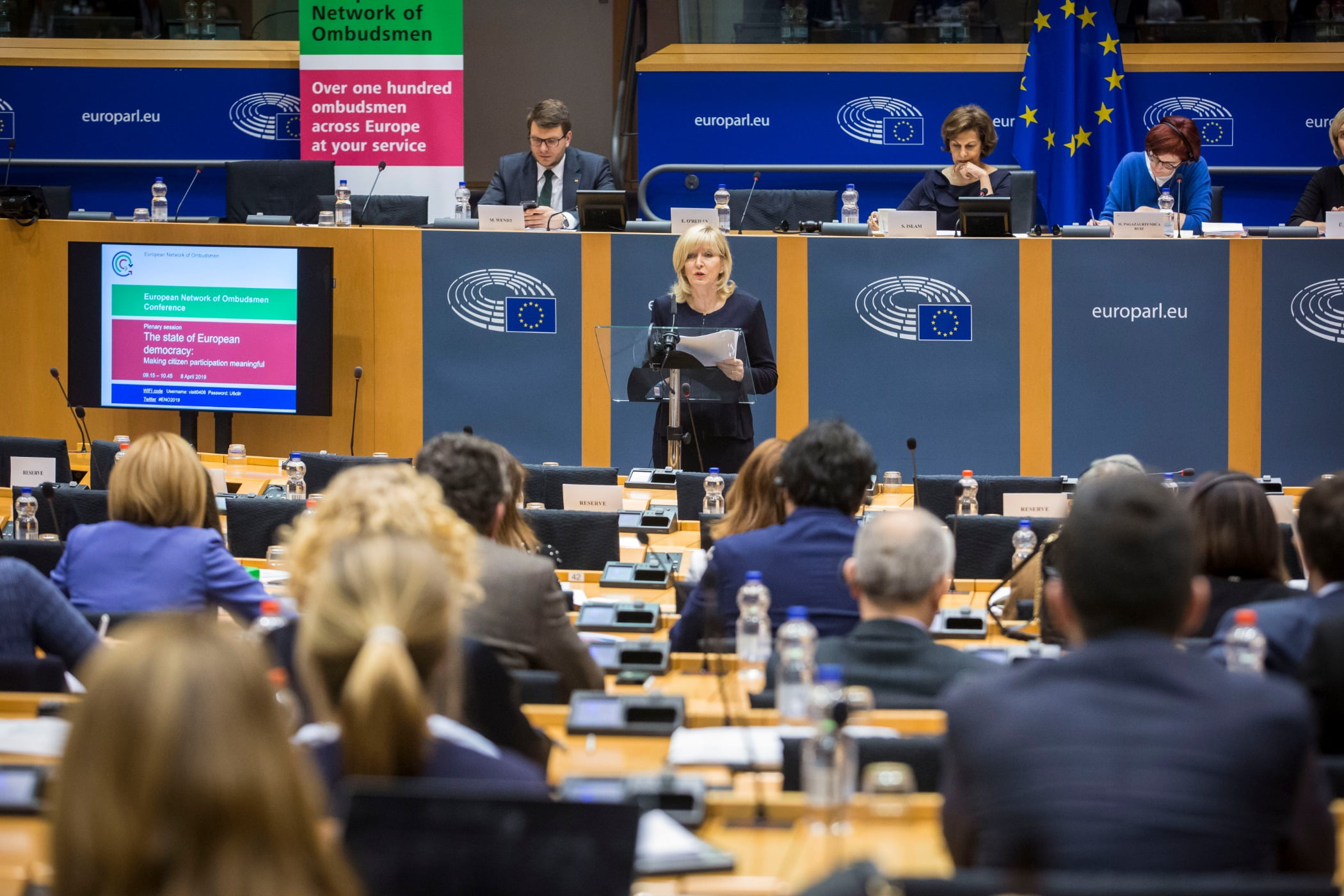
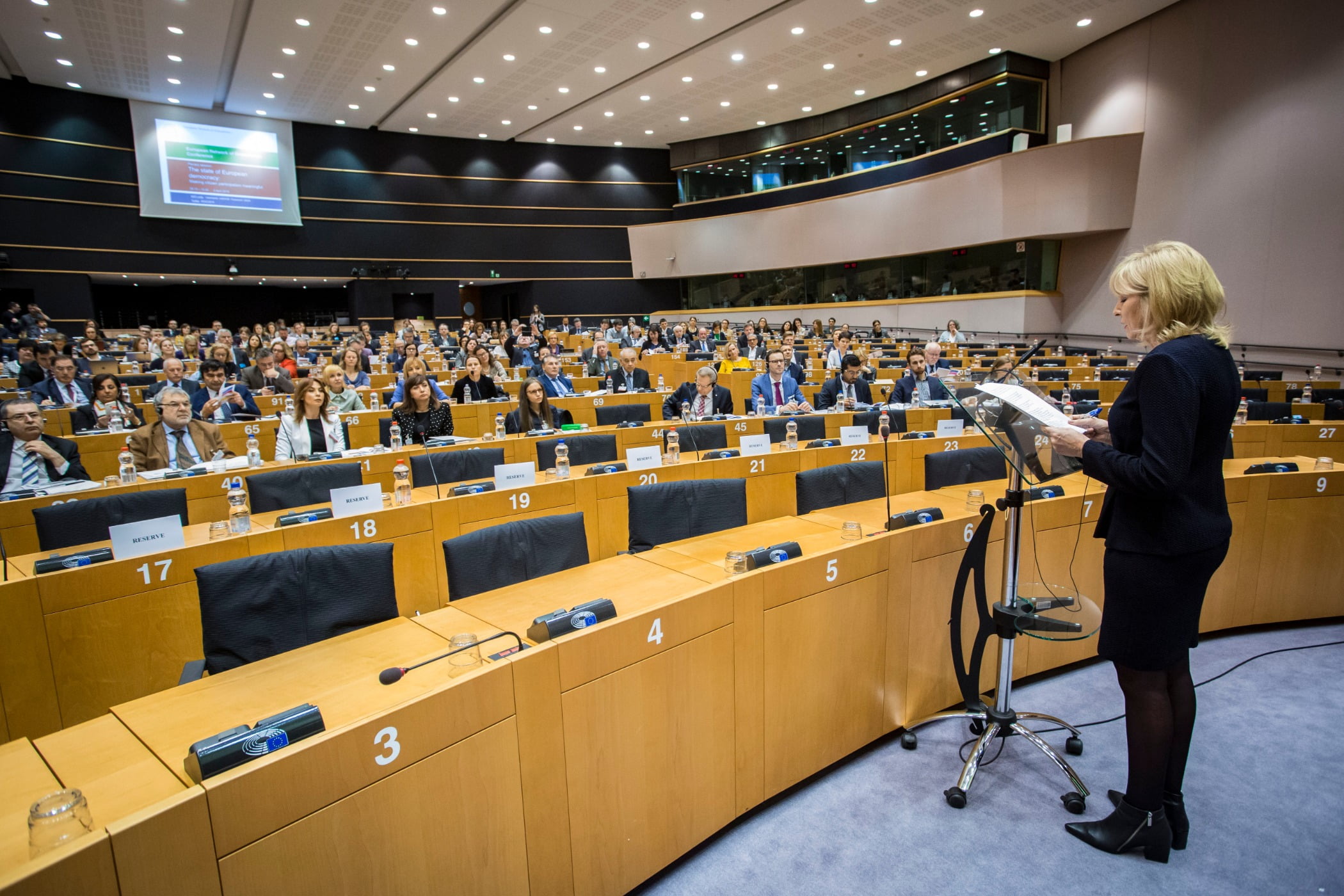
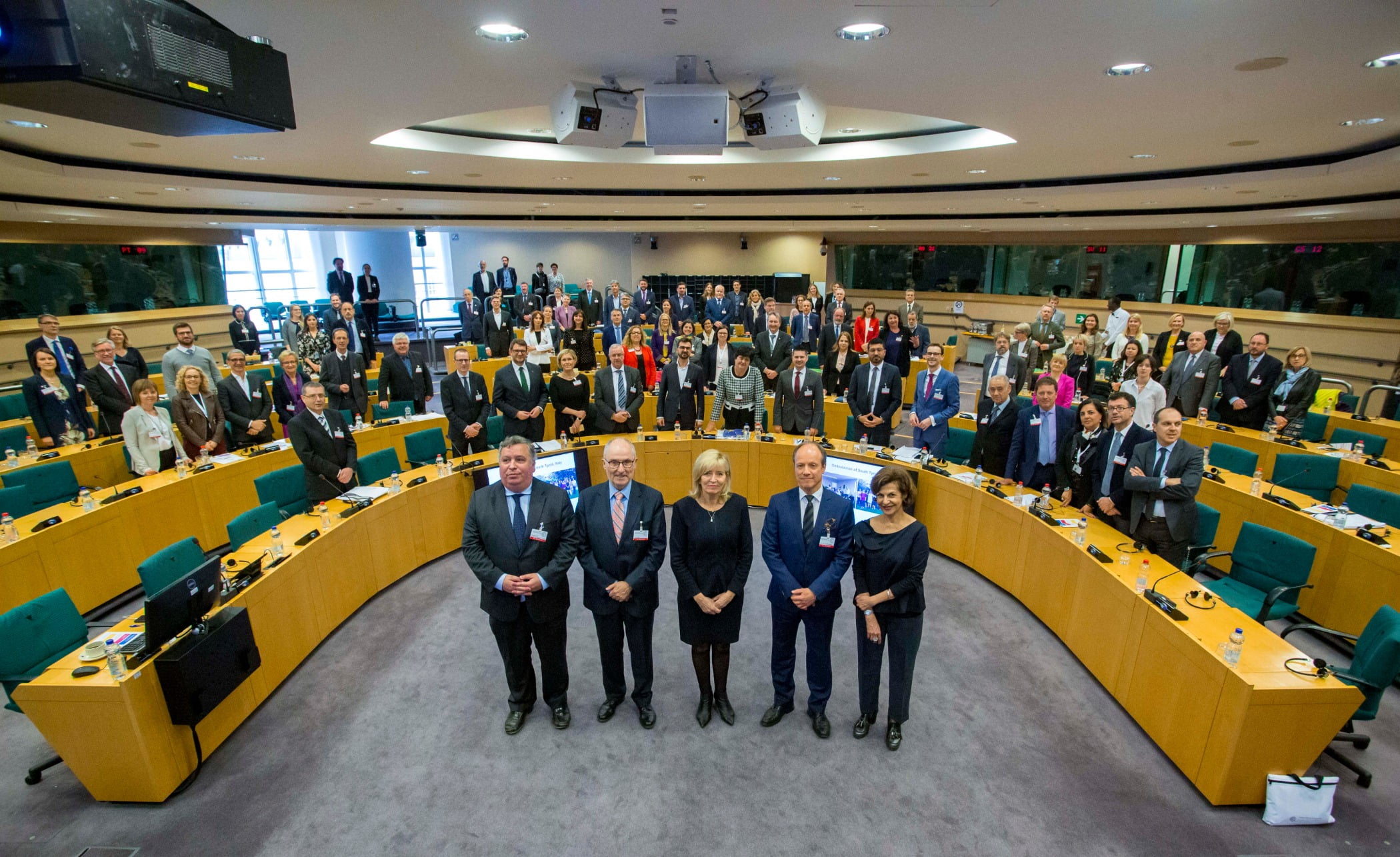
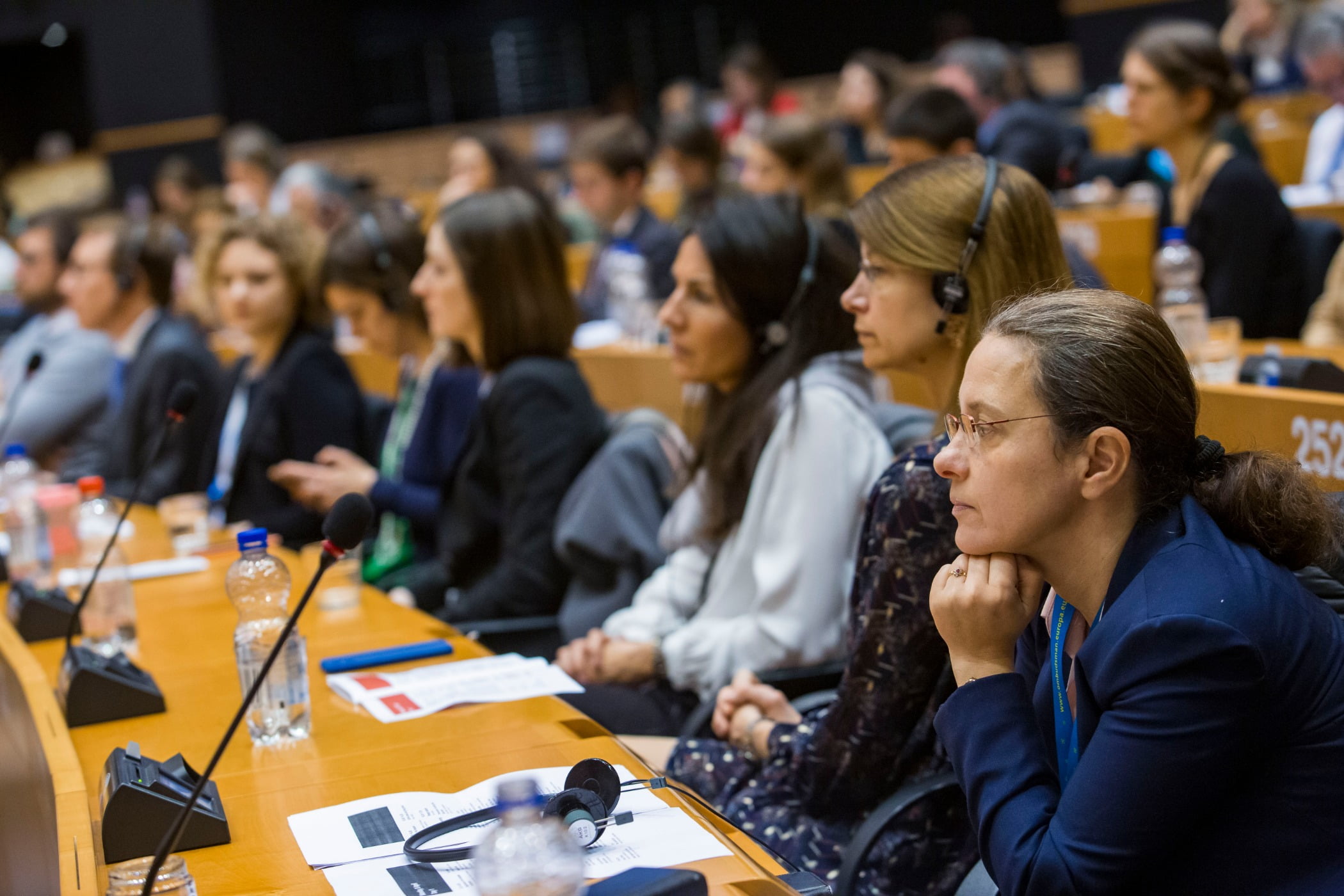
Acceptance and impact
The Ombudsman aims to achieve tangible improvements in the EU administration for complainants and the broader public. This can be partially measured in statistics, in terms of how the institutions responded to the Ombudsman’s proposals.
In 2019, the EU institutions responded positively to the Ombudsman’s proposals (solutions, recommendations and suggestions) in 79% of instances, reacting positively to 95 out of the 119 proposals the Ombudsman made to correct or improve their administrative practices.
However, a purely statistical approach fails to capture the broader impact of Ombudsman inquiries. This impact includes the outcomes of inquiries in which the positive outcome was evident only after the inquiry was closed, with the institution implementing changes even though it initially responded negatively to a proposal.
A specific example was the Ombudsman’s inquiry into the appointment of the Secretary-General of the Commission, the EU’s highest civil servant. The Commission initially rejected the Ombudsman’s finding of maladministration and proposal that it put in place a specific procedure for appointing its Secretary-General. However, in January 2020, the new Secretary-General was selected, following a dedicated procedure that was transparent and fair.
0
%

© European Union, 2021
Photographs and images © European Union, except for Eye (Looking back) iStock/erikreis - Facade of glass architecture (Our work at a glance) iStock/aniaostudio - Three EU banners waving (video) Envato Elements/operator1975 - Little girl in face mask (Covid-19 related inquiries) iStock/lithiumcloud - Meeting (Ethical issues) iStock/FangXiaNuo - Revolving doors (Revolving doors) iStock/DNY59 - Two men shaking hands (Lobbying transparency) iStock/Warchi - Flying above green forest (video) iStock/silverjohn - Emily O'Reilly (Acceptance and impact) PHOTOGENIC Barry Moore.
Reproduction for educational and non-commercial purposes is authorised, provided the source is acknowledged.
Built with VEV.








